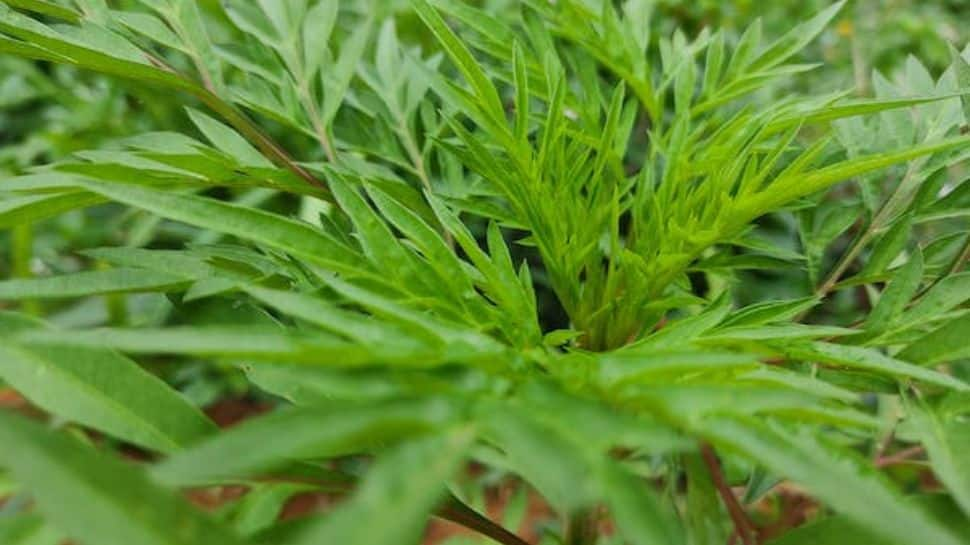
Researchers have recognized compounds within the leaves of a standard medicinal plant discovered within the US and Canada that they are saying might assist struggle the parasite answerable for malaria. The examine, printed not too long ago within the journal ACS Omega, exhibits {that a} element present in Labrador tea — a number of, carefully associated vegetation of the genus Rhododendron — acted towards each strains of the malaria parasite.
These are small, evergreen shrubs with fuzzy leaves which are steeped to make natural teas generally utilized by the indigenous areas within the US and Canada, the researchers stated. Past research have proven that important oils extracted from the vegetation have antimicrobial properties, which might assist struggle antibiotic-resistant microbes, they stated.
Researchers from the University of Laval, Canada, and colleagues needed to characterise the make-up of Dwarf Labrador tea, or Rhododendron subarcticum, for the primary time and take a look at its antiparasitic exercise.
Also learn: International Nurses Day 2023: Expert Shares 5 Tips To Take Care Of Mental Health
The staff gathered R. Subarcticum leaves from Nunavik, a area in northern Quebec, Canada. The researchers extracted the important oil from the leaves and analysed it with gasoline chromatography, mass spectrometry, and flame ionisation detection, to determine 53 compounds.
They discovered that 64.7 % of the oil was comprised of ascaridole, adopted by p-cymene at 21.1 %. This mixture of compounds has not beforehand been reported in carefully associated North American Labrador tea varieties, although it has been present in subspecies originating in Europe and Asia, in accordance with the researchers.
The staff uncovered two strains of Plasmodium falciparum, a malaria-causing parasite, to the oil or to simply ascaridole. In the experiment, one of many strains was immune to recognized antimalarial medicine. The examine discovered that ascaridole was primarily the element that acted towards each strains of the parasite, which is according to different, antiparasitic conventional medicines additionally wealthy within the compound.
The discovering bolsters the significance of investigating and defending vegetation utilized in conventional medicines, particularly these from harsher climates impacted by local weather change, the researchers added.
Source: zeenews.india.com




